Tagged With Science
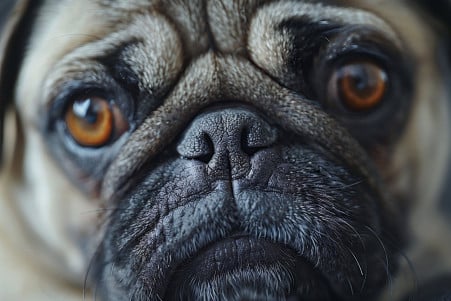
Why Do Dogs Blink? An Investigation of Canine Blinking
24 April 2024
While the third eyelid is one reason that dogs don't blink as much as people, the frequency of blinking has also been associated with other things, such as the size of an animal and its social behavior.
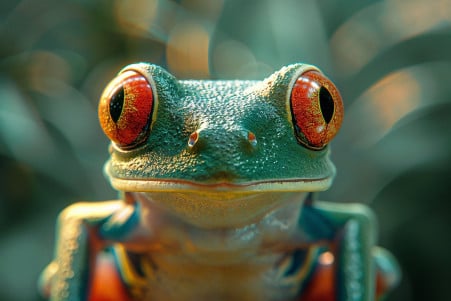
Do Frogs Have Emotions? The Science of Frog Happiness
22 April 2024
The case for frog happiness, positive emotional responses, and the moral considerations of frog consciousness.
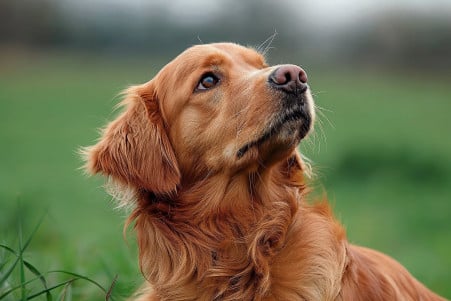
Can Dogs Look Up? What to Know About Dog Vision and Neck Mobility
22 April 2024
Dogs can't look up very well because of their specific anatomy and vision, which are designed to prioritize other things.
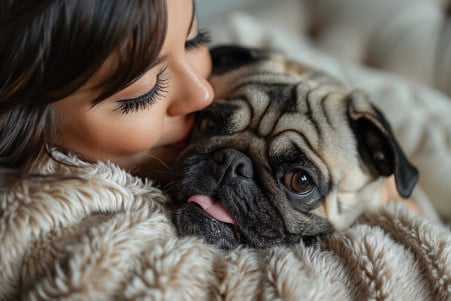
Why Does My Dog Lick My Nose? Unveiling Affectionate Behavior
20 April 2024
Evolutionary and communication reasons for why dogs lick their owners' noses, as well as when this behavior might signal a problem.
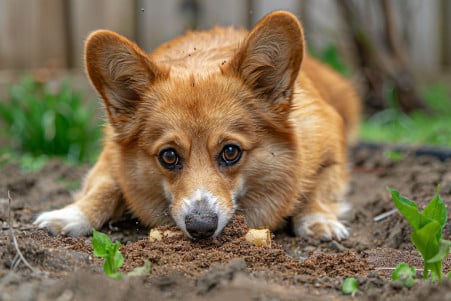
Why Do Dogs Hide Their Treats? Evolutionary Reasons Behind Caching
20 April 2024
Dogs bury bones as an instinctual behavior passed down from wolves to cache, or store, food and claim a space as their own.
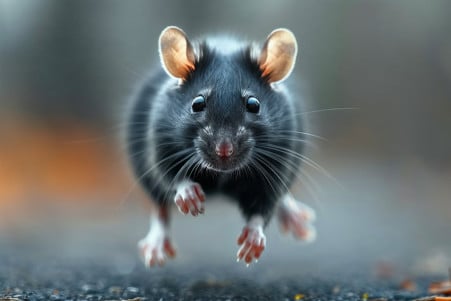
The Incredible Leaping Ability of Rats: How High Can Rats Jump?
20 April 2024
Rats can jump between 3-5 feet thanks to some special anatomical features, and younger rats tend to be able to jump farther.
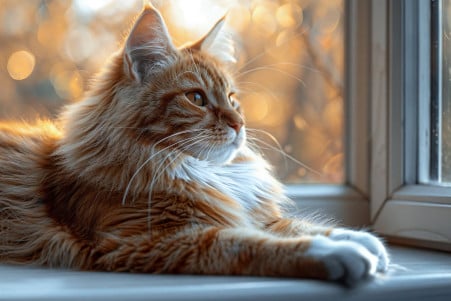
Why Do Cats Smell Good? The Science of the Cat Smell
19 April 2024
Cats smell different from other animals and even from each other because of their pheromones, skin lipids, licking, and overall health. Regular grooming and medical care can help keep a cat's smell in check.
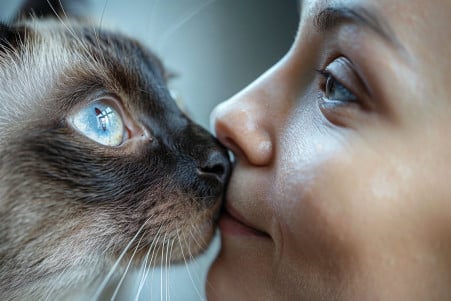
Can Cats Smell Cancer? Exploring Their Remarkable Detection Abilities
19 April 2024
Cats' strong olfactory system could be used to smell out cancer, but it's harder to train them than it is to train other non-animal-based methods.
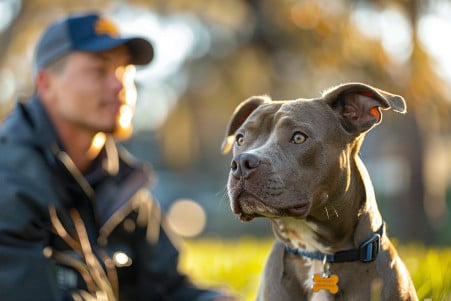
How Smart Are Pitbulls? New Studies Answer This Question
17 April 2024
Pitbulls are often seen as smart, ranking equally with some of the most well-liked breeds, and their stigma of aggression can be managed with the right attention.
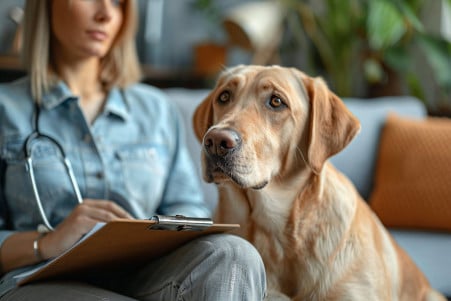
The Neutering Effect: How Long Until Testosterone Drops in Dogs?
13 April 2024
The amount of testosterone in a male dog's body drops by 50% within one to two weeks after neutering, but it can take up to six weeks for it to be completely gone.
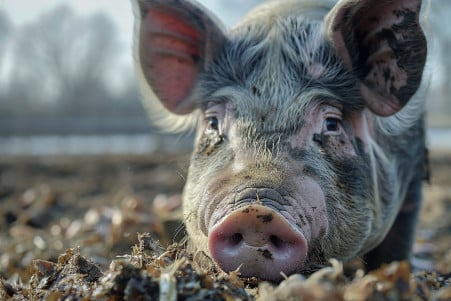
Why Do Pigs Eat Their Own Poop? A Scientific Exploration
12 April 2024
Why pigs engage in coprophagy, or the consumption of feces, and what this behavior can tell us about pig health and happiness.
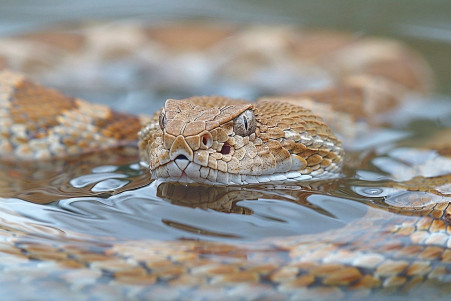
Do Snakes Swim? The Science of Their Aquatic Skills
10 April 2024
Snakes have a number of amazing adaptations that help them live and hunt in the water, including paddle-shaped tails and special ways of sensing their surroundings.